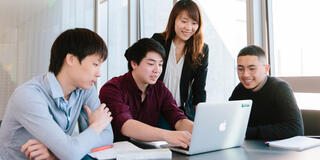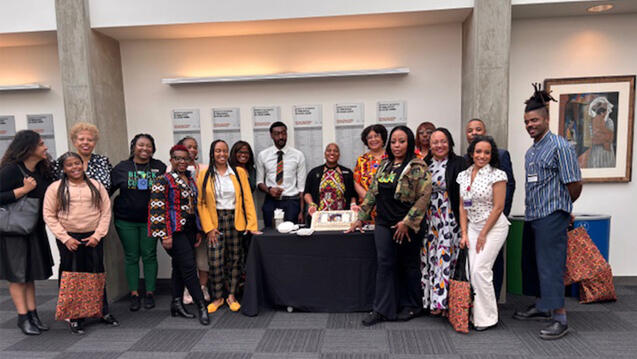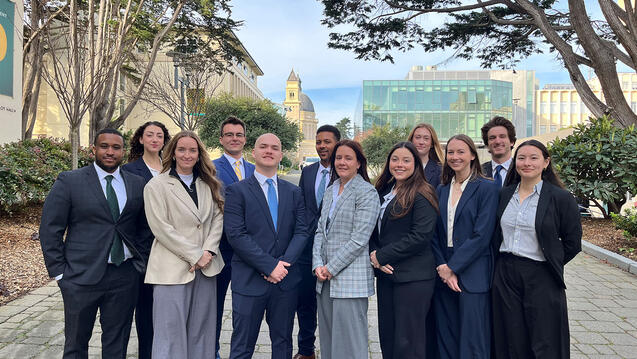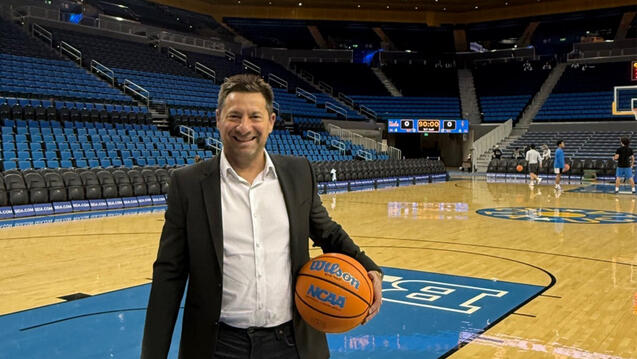MAGICS Lab

San Francisco is known as a hub of tech innovation, making USF an ideal place to study computer and data science.
The location gives students the opportunity to connect professionally with companies everyone knows: Google, Twitter, Facebook – the list goes on. But what opportunities does USF offer students to participate in peer reviewed scholarship, a place where current students and faculty can connect over tech R&D on campus?
As of Fall 2018, the answer comes in the form of the weekly MAGICS Lab meetings, a way to gain valuable mentorship and learn about emerging technologies, a place where undergraduate, graduate students, and faculty all have the opportunity to learn, research, and publish together. This group welcomes all skill-levels, from novice to seasoned researchers alike. The only requirement – curiosity.
MAGICS Lab meetings focus on machine learning (ML), artificial intelligence (AI), natural language processing (NLP), game intelligence, and computing at scale. The MAGICS Lab also strives to aid in the publication of academic articles.
The MAGICS Lab founders and directors are three of USF’s esteemed computer and data science professors, each bringing their own unique background to contribute to the lab’s mission. One of the central goals of the lab is “to get students involved in research and to get peer researchers to focus on the work they have done; ultimately resulting in publication,” says Professor David Guy Brizan, who founded the lab alongside Professors Matthew Malensek and Paul Intrevado. In addition to peer review, the hope is that graduate students and students with expertise in the field will teach those who are learning.
Another integral component of the Lab meetings is to teach algorithms and techniques that can also be applied to projects outside of the MAGICS Lab. “We have multiple projects with other labs like Human-Computer Interaction and the Visualization and Graphics Laboratory (VGL) in the computer science department” says Prof. Brizan, speaking to MAGICS Lab contribution to USF’s academically collaborative environment.
The founders of MAGICS Lab hope for participants to author and publish research papers and eventually travel to conferences to present. Two students have already seen successful publication; Allison Wong and Tuo Sun, both MS ‘20 co-authored a poster for the Statistical Language and Speech Processing conference. MAGICS Lab is hoping to expand this poster into a full paper in the Spring.


